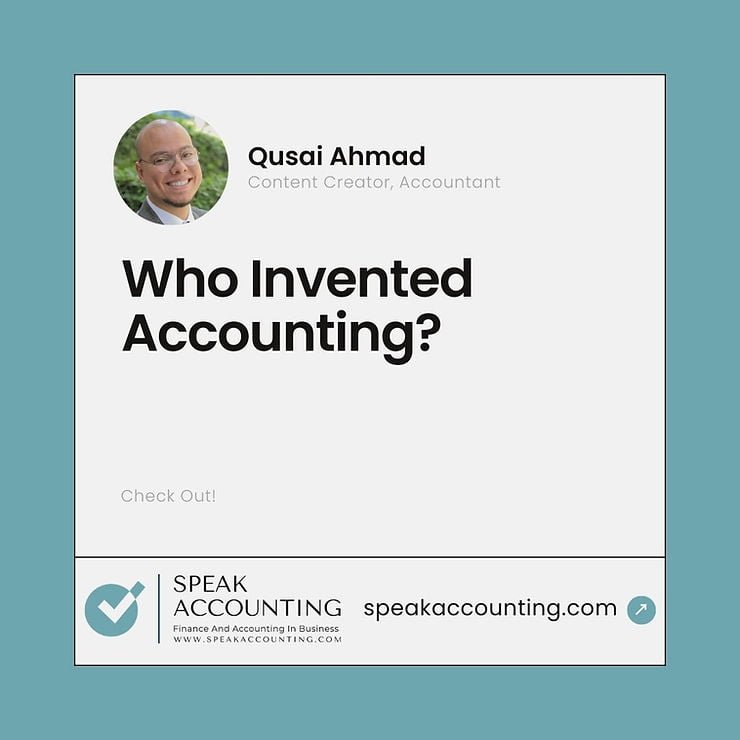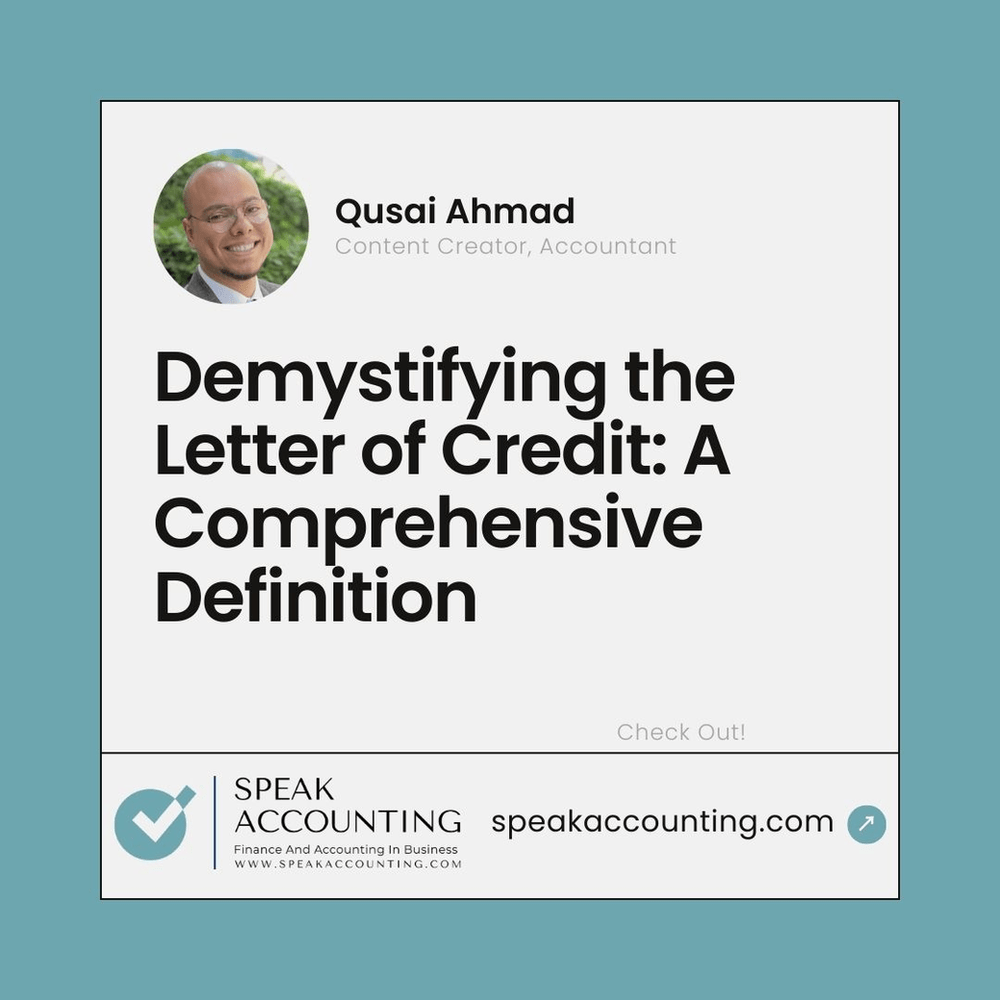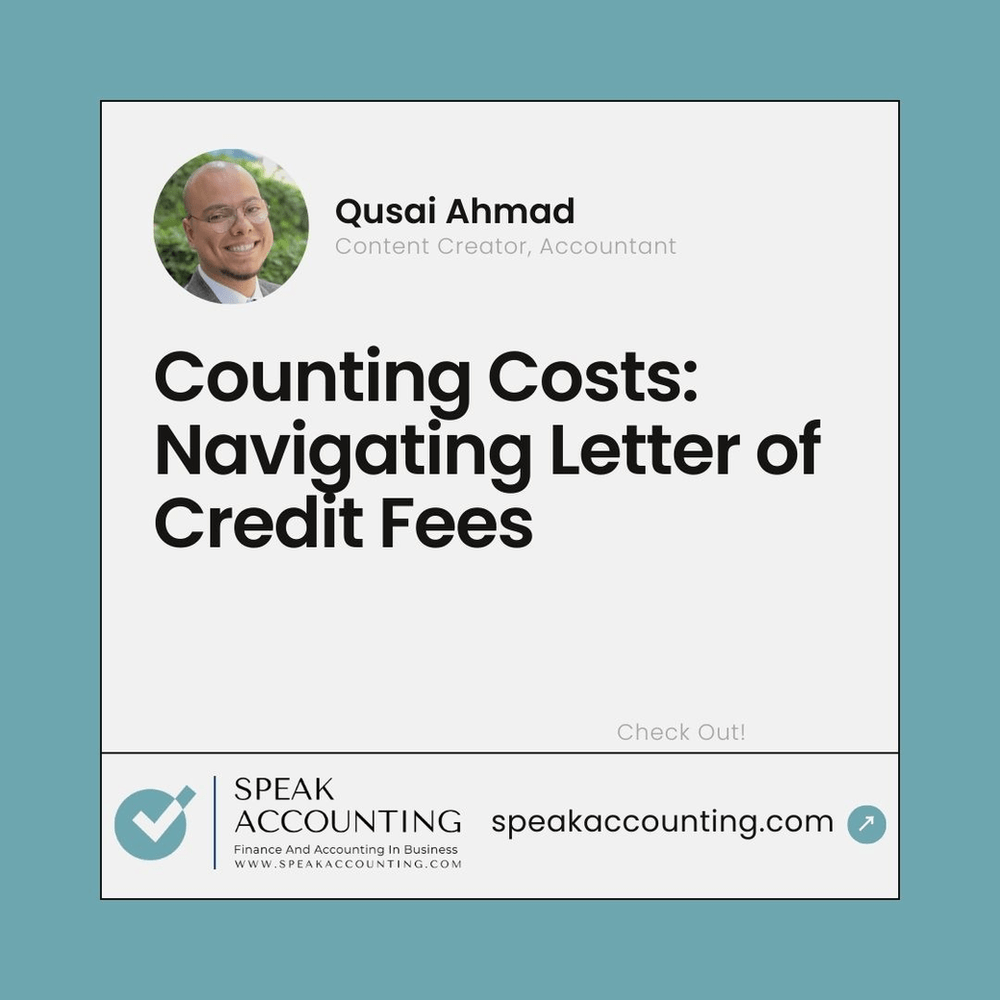Who Invented Accounting?Accounting is the language of business, but who created this language and how did it evolve over time? In this blog post, we will explore the history of accounting, from its ancient origins to its modern developments. You will learn:
- How accounting emerged from the need to record and manage transactions in ancient civilizations
- How accounting was influenced by the development of writing, mathematics, and money
- How accounting became a profession and a science with the contributions of Luca Pacioli, the father of accounting
- How accounting adapted to the changes in business, technology, and society over time
- How accounting is transforming today with the use of artificial intelligence, cloud computing, and blockchain
Accounting in Ancient Times (Who Invented Accounting?)
The history of accounting can be traced back to thousands of years ago, when people needed to keep track of their goods and resources. The earliest evidence of accounting comes from Mesopotamia, Egypt, and Babylon, where people used clay tablets, papyrus scrolls, and stone carvings to record their transactions. These records were mainly used for tax purposes, trade agreements, and inventory management.
Accounting was closely related to the development of writing, counting, and money. As these systems became more sophisticated, so did accounting. For example, the Egyptians used hieroglyphs and symbols to represent numbers and units of measurement, while the Babylonians used a sexagesimal system (base 60) and fractions to perform complex calculations. The invention of money also facilitated accounting, as it provided a common medium of exchange and a standard of value.
Accounting in the Middle Ages
Accounting continued to evolve in different regions and cultures, such as China, India, Greece, and Rome. However, one of the most significant milestones in accounting history occurred in the late 15th century, when an Italian monk and mathematician named Luca Pacioli published a book called Summa de Arithmetica, Geometria, Proportioni et Proportionalita (Summary of Arithmetic, Geometry, Proportions and Proportionality). This book contained a section on bookkeeping, where Pacioli described the double-entry system, a method of recording both debits and credits for each transaction.
Pacioli also explained the concepts of assets, liabilities, equity, income, and expenses, as well as the use of journals, ledgers, and trial balances. Pacioli is widely regarded as the father of accounting, as his work laid the foundation for modern accounting principles and practices.
Accounting in the Modern Era
Accounting became more important and complex as business and commerce expanded in the modern era.
Accounting had to adapt to the changes in industry, technology, and society, such as the Industrial Revolution, the invention of the printing press, the emergence of corporations, the development of accounting standards, and the introduction of computers. Accounting also became a profession and a science, with the establishment of accounting associations, certifications, regulations, and ethics.
Accounting also diversified into different branches, such as financial accounting, managerial accounting, cost accounting, tax accounting, and auditing.
Accounting in the Future
Accounting is not static, but dynamic and evolving. Accounting is constantly facing new challenges and opportunities, as well as new tools and techniques. Some of the current and future trends in accounting include:
- Artificial intelligence (AI): AI is the use of machines and algorithms to perform tasks that normally require human intelligence, such as learning, reasoning, and decision making. AI can help accountants automate repetitive and tedious tasks, such as data entry, reconciliation, and reporting. AI can also help accountants analyze large and complex data sets, generate insights and predictions, and provide advice and recommendations.
- Cloud computing: Cloud computing is the delivery of computing services, such as software, storage, and processing, over the internet, rather than on local devices. Cloud computing can help accountants access and share information anytime and anywhere, collaborate with clients and colleagues, and reduce costs and risks associated with hardware and software maintenance and security.
- Blockchain: Blockchain is a system of storing and transferring data using a distributed ledger, a network of computers that validate and record transactions without the need for a central authority. Blockchain can help accountants improve the accuracy, transparency, and efficiency of accounting processes, such as recording transactions, verifying ownership, and auditing financial statements.
Conclusion
Accounting is a fascinating and vital field that has a long and rich history. Accounting has evolved from the simple recording of transactions to the sophisticated analysis and communication of financial information. Accounting has been influenced by and has influenced the development of writing, mathematics, money, business, technology, and society.
Accounting is also transforming and adapting to the changes and challenges of the present and the future. Accounting is not only the language of business, but also the language of progress.




